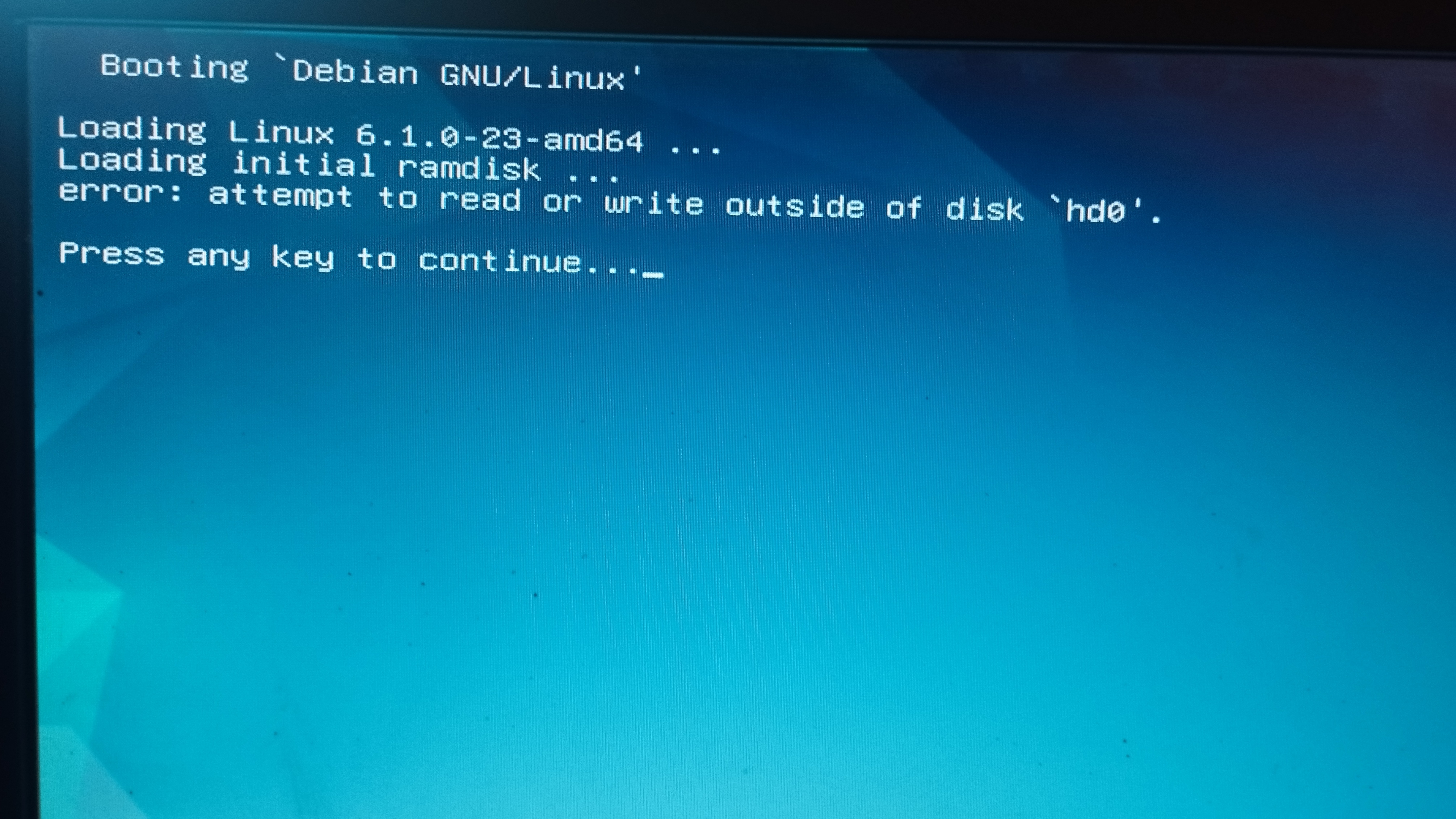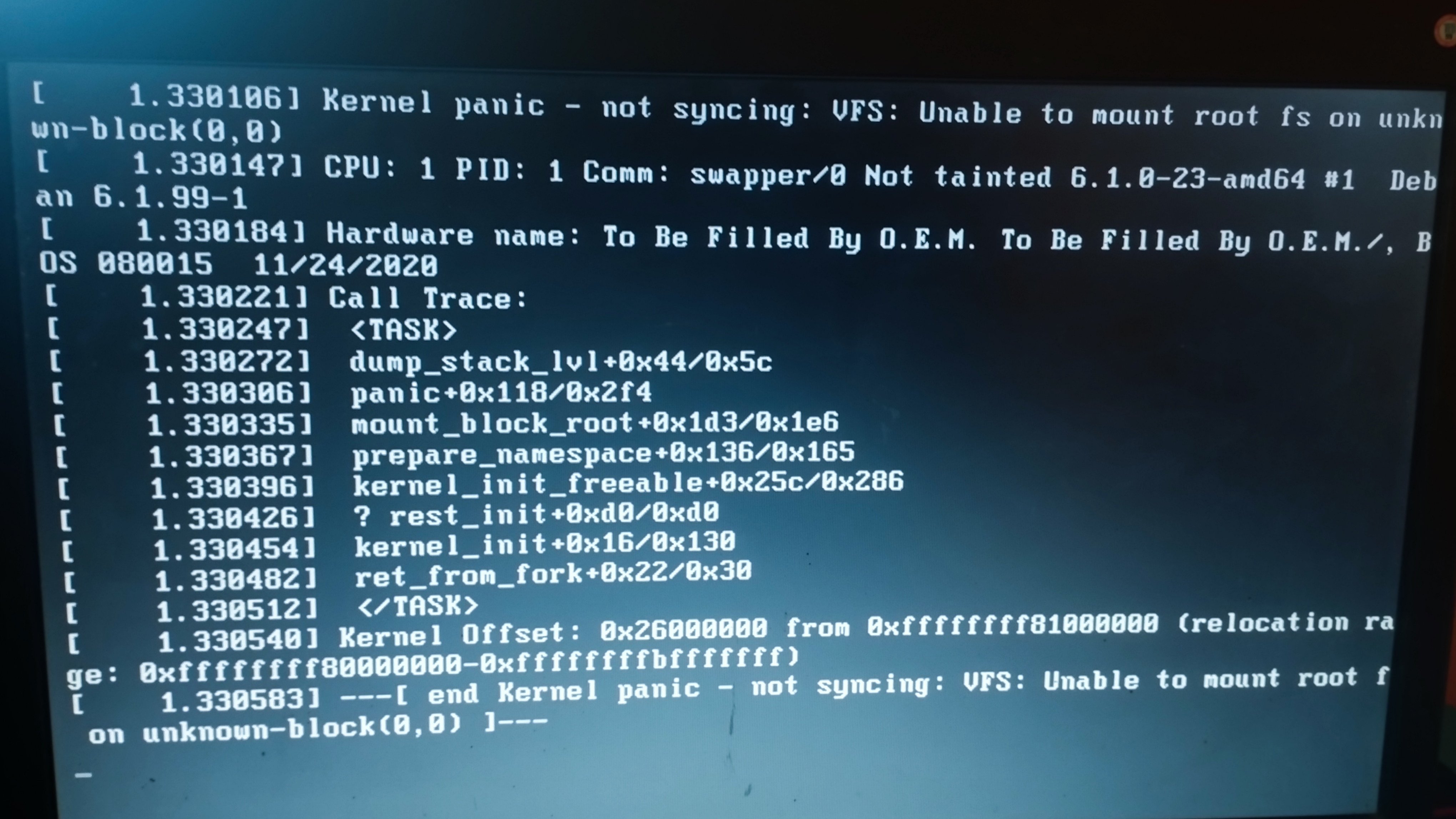this post was submitted on 17 Jul 2024
134 points (97.2% liked)
Linux
48207 readers
922 users here now
From Wikipedia, the free encyclopedia
Linux is a family of open source Unix-like operating systems based on the Linux kernel, an operating system kernel first released on September 17, 1991 by Linus Torvalds. Linux is typically packaged in a Linux distribution (or distro for short).
Distributions include the Linux kernel and supporting system software and libraries, many of which are provided by the GNU Project. Many Linux distributions use the word "Linux" in their name, but the Free Software Foundation uses the name GNU/Linux to emphasize the importance of GNU software, causing some controversy.
Rules
- Posts must be relevant to operating systems running the Linux kernel. GNU/Linux or otherwise.
- No misinformation
- No NSFW content
- No hate speech, bigotry, etc
Related Communities
Community icon by Alpár-Etele Méder, licensed under CC BY 3.0
founded 5 years ago
MODERATORS
you are viewing a single comment's thread
view the rest of the comments
view the rest of the comments

This is the screen a few seconds afterwards
Absolutely not an expert or anything, but is it possible that the partition of your harddrive that you're trying to install Debian on (hd0) is too small?
It's a ~138GB hard disk drive.
The original error actually makes it sound like there's a partition on hda that's bigger than hda itself.
Partition size wasn't specified in any step of the setup. If that is the issue, Is there any way to fix it?
At some point, the installation should ask you the driver on which it should be installed and also how the driver should be interacted with; i.e full wipe and then installation or only specified partitions. You specified elsewhere that you don't intend to dual-boot. Hence, selecting the correct drive and following the instructions for full wipe + installation (which should be regular/default installation) should have been sufficient.
That is what I did
As expected. At this point, consider following a video tutorial if you haven't yet.
Considering that it has a 2020 firmware, and is built by "to be filled by OEM", my completely unfounded wild guess is that the system firmware has broken legacy boot support. From other posts here, I gather you're using a legacy dos-style partition table. Try installing again with GPT/EFI instead.